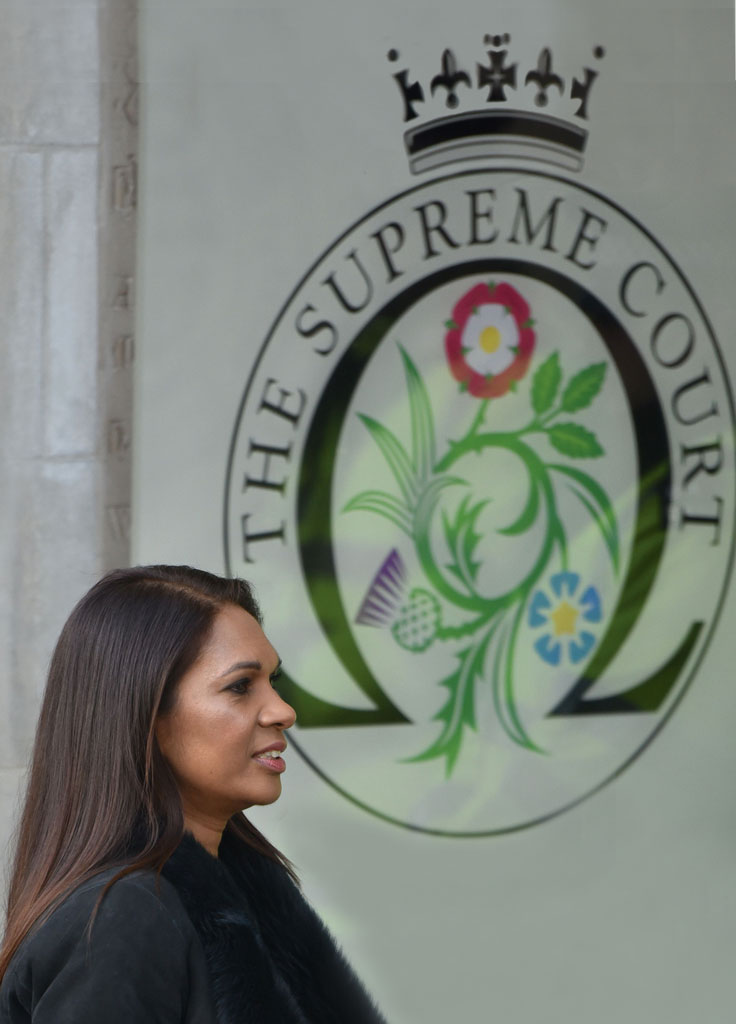
Michael Zander QC picks out crucial passages from the Supreme Court judgment on the triggering of Art 50
-
R (Miller and another) v Secretary of State for Exiting the European Union [2017] UKSC 5
-
The majority: Lord Neuberger, Lady Hale, Lords Mance, Kerr, Clarke, Wilson, Sumption, Hodge.
Lord Neuberger, President, announcing the decision, said that all the justices had taken part in the preparation of the judgment.
The main issue
“The main issue on this appeal concerns the ability of ministers to bring about changes in domestic law by exercising their powers at the international level.” (at [5])
The royal prerogative cannot be used to change the law
“It is a fundamental principle of the UK constitution that, unless primary legislation permits it, the Royal prerogative does not enable ministers to change statute law or common law. As Lord Hoffmann observed in R (Bancoult) v Secretary of State for Foreign and Commonwealth Affairs (No 2) [2009] AC 453, para 44, ‘since the 17th century the prerogative









